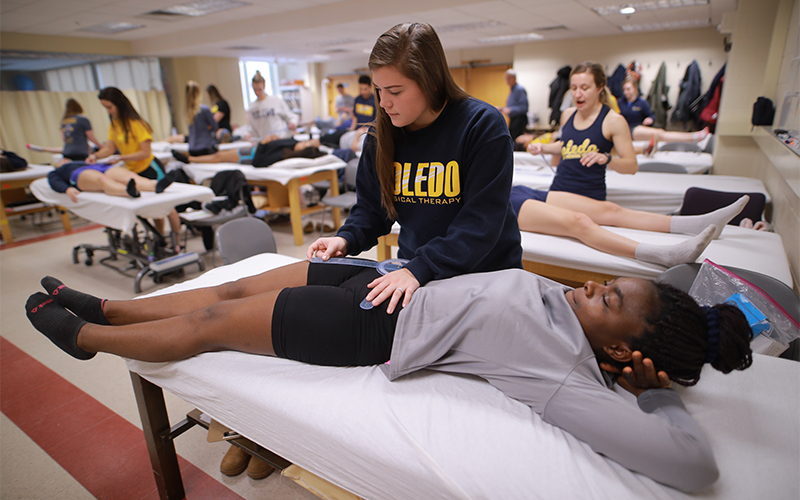Wearable health monitors has turned into well-liked instruments for numerous individuals focused in enhancing their wellness and physical condition. Such devices, often worn on the wrist like a watch, can track various physical activities, including steps taken, heart rate, and calories burned. With advanced technology, they offer users with immediate information, which can assist them take informed decisions about their workouts and lifestyle. By harnessing the power of these devices, personal trainers can significantly enhance their clients' training results and overall health paths.
A single of the primary advantages of portable fitness trackers is their ability to monitor physical activity levels during the daily routine. This information assists individuals establish achievable health goals based on their present movement levels. For instance, if a customer notices they only walk a certain number of steps each day, a personal trainer can assist them develop a strategy to slowly boost that amount. This objective-setting process encourages clients to stay inspired and responsible, which makes it easier to adhere to their fitness programs and reach their targeted outcomes.
In addition to tracking daily activities, portable fitness trackers offer valuable insights into a person's well-being statistics. Functions like cardiac rhythm monitoring and rest monitoring can give personal trainers with essential information about their clients' overall health. Understanding how a customer's body reacts to various exercises can help trainers tailor their programs for maximum efficiency. For example, if a tracker indicates that a customer's cardiac rhythm remains elevated during low-intensity workouts, the trainer can modify the difficulty or length of the exercises to ensure the client is receiving the maximum out of their exercise sessions.

A further benefit of utilizing wearable fitness monitors is the capability to examine patterns over the long term. Many devices connect with smartphone apps that provide detailed summaries on progress. Personal trainers can leverage this information to celebrate clients' successes and tackle any challenges they may encounter. When clients can visualize their progress visually, it can enhance their self-esteem and encourage them to continue pushing hard. This continuous response loop is essential for sustaining motivation and adapting training plans post-injury promoting sustained dedication to fitness objectives.
Finally, wearable fitness trackers can foster a feeling of belonging among clients. Numerous gadgets allow users to link with peers or join challenges, encouraging friendly competition and assistance. Personal trainers can motivate their clients to engage with these social elements, creating a network of support and responsibility. This social feature can make the fitness this link experience more pleasurable and fulfilling, ultimately resulting to improved results. To sum up, wearable fitness monitors can be powerful instruments for personal trainers and their clients, changing how people view health and fitness.